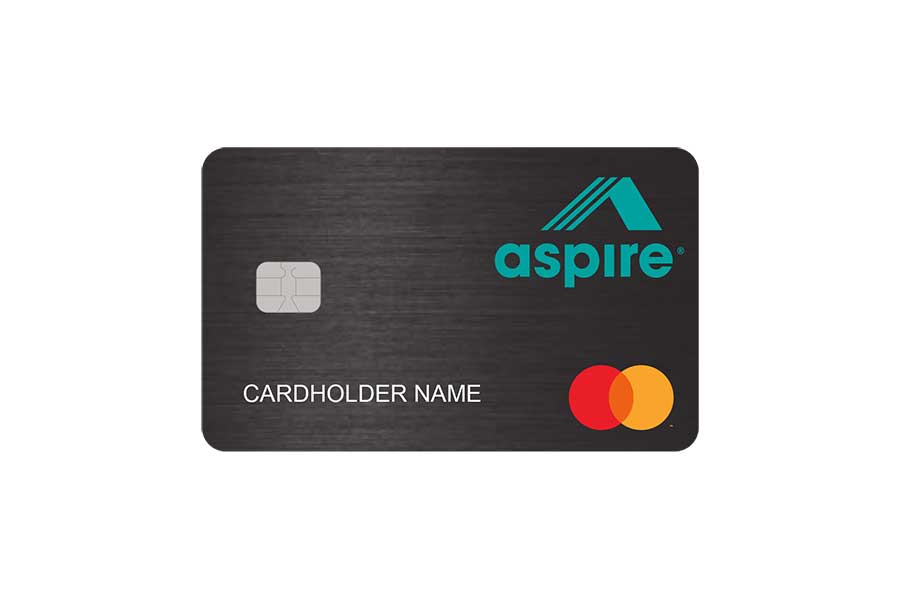The Aspire credit card is a popular option for those looking to build or rebuild their credit while enjoying cashback rewards. Before applying, it’s important to understand the credit requirements and other factors that may influence your approval.
While a solid credit score is helpful, Aspire considers more than just your number. Your income, debt levels, and credit history all play a role in determining eligibility. Knowing what to expect can help you prepare and improve your chances of approval.

Credit Score Requirements for an Aspire Credit Card
The minimum recommended credit score for the Aspire credit card is 630, which falls into the fair credit range. Applicants with scores above this threshold have a better chance of approval, but other financial details are also reviewed.
Aspire evaluates factors such as income stability, existing debt obligations, and any negative marks on your credit report. A history of late payments, charge-offs, or high credit utilization could impact your approval, even if your score meets the suggested requirement.
Factors Aspire Considers When Evaluating Your Credit Card Application
There’s no guarantee that you will be approved for a credit card, regardless of how high your credit score is. While your credit score is a crucial factor, Aspire Federal Credit Union also considers other factors when evaluating your application:
- Income: A higher income may increase your chances of being approved for the Aspire credit card, as it shows the credit union you have the means to repay your debts.
- Debt: Lower levels of debt generally improve your chances of approval, as it indicates that you are not overextended and can manage your financial obligations.
- Negative items on your credit report: The presence of negative items, such as late payments or bankruptcies, can decrease your chances of approval. Removing these items from your credit report can help improve your odds.
How to Increase Your Chances of Getting Approved for an Aspire Credit Card
Getting approved for an Aspire Mastercard or Aspire Cash Back Reward Card may require a bit of planning. Most credit card offers require very good credit, so it’s important to understand your credit scores and what’s on your credit reports before applying. Here are some tips to increase your chances of approval:
- Check your credit scores: Before applying, check your credit scores from all three major credit bureaus (Experian, TransUnion, and Equifax). Ensure your scores are within the recommended range for the Aspire credit card.
- Review your credit reports: Obtain your credit reports and review them for any errors or negative items that could be hurting your credit scores. Dispute any inaccuracies you find.
- Lower your credit utilization: Credit card issuers prefer applicants with low credit utilization rates, typically below 30%. Pay down existing balances to lower your utilization rate before applying.
- Limit credit inquiries: Avoid applying for multiple credit cards or loans within a short period, as numerous inquiries can hurt your chances of approval. Space out your applications to minimize the impact on your credit scores.
Strengthen Your Credit for Better Approval Odds
If your credit score needs work, taking proactive steps can help improve your chances of approval. Paying bills on time, lowering outstanding debt, and avoiding unnecessary credit inquiries are all effective ways to strengthen your credit profile.
For those needing additional support, credit repair services may be an option. Credit Saint helps clients dispute and potentially remove negative items from their credit reports, including late payments, collections, and charge-offs. Visit their website for a free credit consultation to explore your options.



